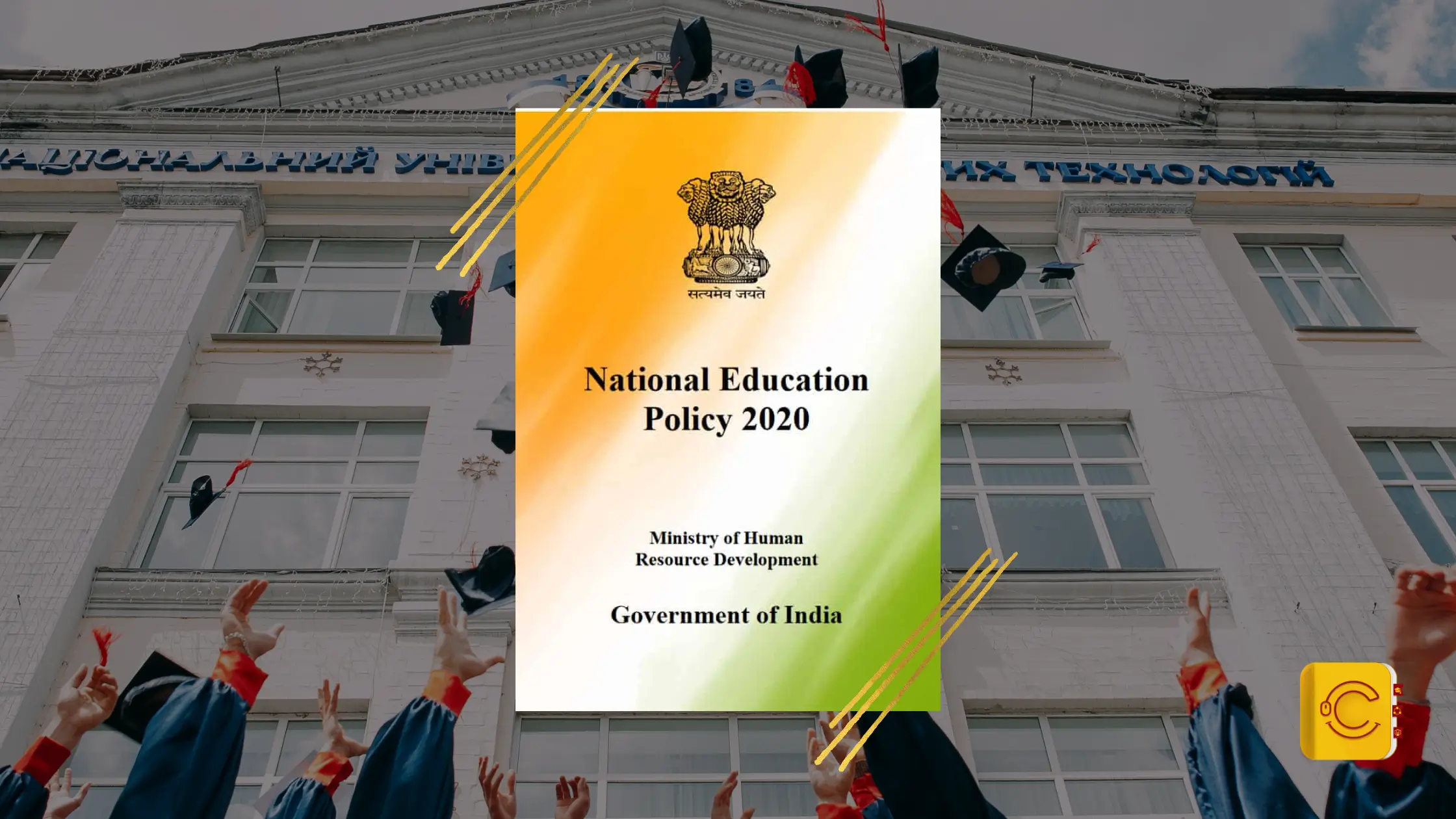The National Education Policy 2020 replaces the National Policy on Education of 1986. In January 2015, a committee beneath former Cabinet Secretary T. S. R. Subramanian began the consultation manner for the New Education Policy. Based on the committee report, in June 2017, the draft NEP was submitted in 2019 through a panel led by former Indian Space Research Organisation (ISRO) chief Krishnaswamy Kasturirangan. The Draft New Education Policy (DNEP) 2019, was later launched through the Ministry of Human Resource Development, observed by some of the public consultations. The Draft NEP was 484 pages. The Ministry undertook a rigorous session manner in formulating the draft policy: “Over lakh tips from 2.5 lakh gram panchayats, 6,600 blocks, 6,000 Urban Local Bodies (ULBs), 676 districts had been received.
The Vision of NEP 2020
National Education Policy 2020 envisions an India-centric education system that contributes directly to rebuilding our country sustainably into an equal and colourful knowledge society by supplying outstanding education to all.
Comprehensive & Multidisciplinary Education
- To assist students to examine as per their will, the brand new policy has delivered a holistic & multi-disciplinary undergraduate education approach.
- It permits students the ability to combine multi-disciplinary topics alongside the combination of vocational courses.
- UG programs can be of 3 or 4 years.
- The new detail is that students will be given ‘multiple exit options’ & appropriate ‘certification’ will be given to them inside their graduation tenure.
- For instance, students get certification after finishing 1 yr, advanced diploma after the second year, bachelor’ degree will be given after success in completion of 3 years & a degree indicating research intelligence by the end of 4th year will be presented to students.
- A credit score bank of educational progress will also be shaped to maintain track of the credit earned during the complete educational adventure of students.
- The credit acquired in a year will be transferred to the following level after the completion of successive educational years.
- The Government is likewise taking steps towards the establishment of Multidisciplinary Education and Research Universities (MERUs), with globalized educational requirements much like the IIMs and IITs.
- A National Research Foundation will also be created for fostering research & development activities.
Growth in GER to 50%
- In 2018 the growth of the Gross Enrollment Ratio(GER) was 26.3%, NEP 2020 plans to grow this margin up to 50% by 2035.
- To execute this plan 3.5 Cr more seats will be dedicated to Higher Educational Institutions.
Deconstructing of the UGC & AICTE
- Higher Education Commission of India (HECI) a new educational body has come into existence to ensure the best in the educational sector excluding the medical and law field.
- HECI has the right to take action against the educational institutes that do not stick to quality education.
Financial Support for Students
- The government will take steps to ensure scholarships for students who belong to SC, SE, OBC and SEDG.
- Higher Education Institutions will be encouraged to give scholarships to support talented students
- The students who receive scholarships will be tracked for progress by National Scholarship Portal
Use of Mother Tongue
To preserve & promote Indian languages, NEP has recommended setting up various bodies such as –
- National Institution for Pali, Prakit, and Persian
- Institution of Translation & Interpretation (IITI)
Higher Education Institutions are allowed to use their mother tongue to help students grasp the concept better.
Technology + Education
The government will create a self-sustaining entity known as as- the National Educational Technology Forum (NETF), to make sure suitable integration of technology in education. Institutions will be capable of empowering their faculty as well as students by streamlining lecture room processes via ICT enablement.
Distant Learning
The government will take different measures to make sure the highest quality education by opening the doors of open learning facilities such as –
- Online courses introduction
- Digital repositories
- Funds for research work
- Credit-based education
Digitalization of Teaching-Learning Process(TLP)
- Saying no to Traditional Classrooms.
- A team will be dedicated to managing the online library, e-content, etc and maximizing the learning capability of the students and increasing the learning outcomes.
Convey Professional Education
- Advanced Steps will be taken to make education professional.
- Independent technical universities, agricultural universities, health science universities, and legal universities will head towards becoming multi-disciplinary institutions.


